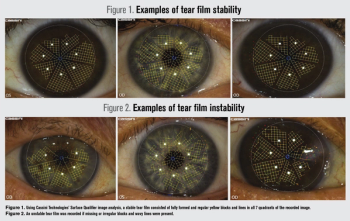
Studies highlight importance of tear film stability in cataract and refractive surgery outcomes

Studies highlight importance of tear film stability in cataract and refractive surgery outcomes

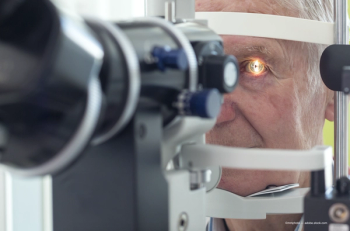
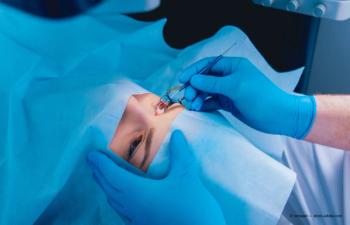
There is a lot to learn from the history of LASIK if ODs are willing to unearth it.
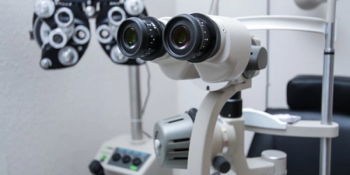
Modern optometry can provide advanced outcome support to patients with glaucoma.

This carotenoid helps with dry eye, glaucoma, AMD, eye fatigue, and more.

Retinoschisis can make diagnosing open-angle glaucoma especially difficult for optometrists.
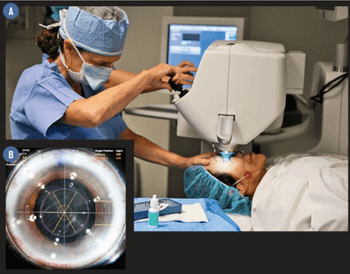
Modern refractive surgery offers additional approaches for collaborative patient care.

New techniques and technologies are expanding the optometrist’s role in cataract surgery
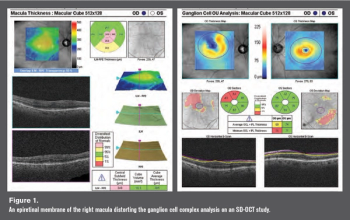
Epiretinal membranes can affect accuracy of a glaucooma diagnosis and disease monitoring
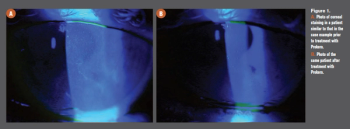
OSD evaluation remains imperative before cataract referral, even in asymptomatic patients.

Treating inflammation on anterior service proves to be effective post-surgery
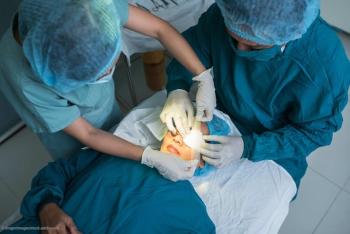
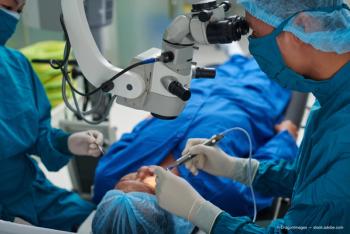


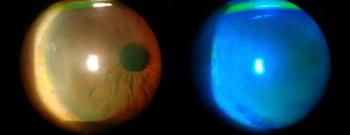
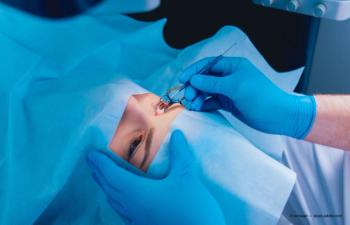

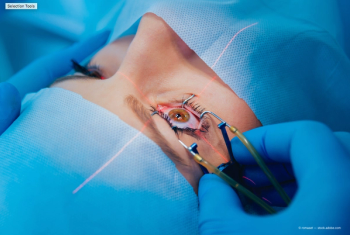


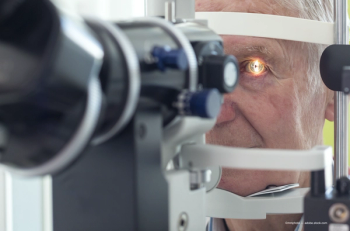

Our patients have numerous choices regarding advanced technology and eye care. Advances range from how patients check in for an appointment to what tools a surgeon uses to dissect tissue. They all have their benefits, and all come at a cost.

We often perform cataract surgery with near vision correction, using monovision or presbyopia-correcting intraocular lenses (IOLs). These folks are typically happy despite having mild residual refractive error. Something magically happens between that patient getting glasses that she “just cannot wear, at all” and getting cataract surgery. Let’s follow that patient’s path.